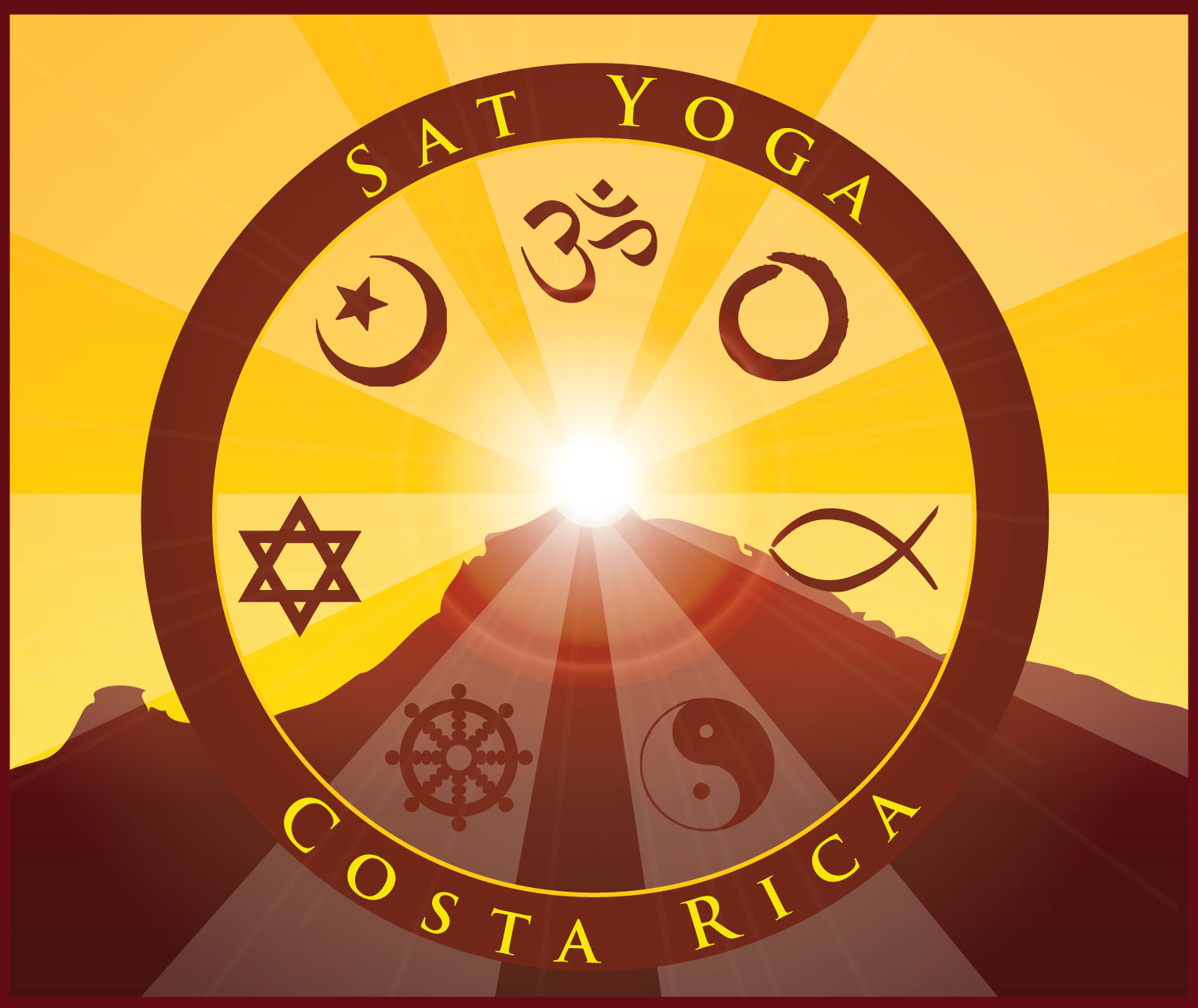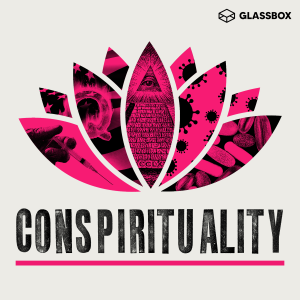

Excerpt: “It’s time to learn how to be in silence,” offers Shunyamurti, the director of the Sat Yoga Institute in Costa Rica. “I don’t think it would be appropriate for this evening to just be an evening of words. The time for words, even the most beautiful words, is passing. The time for gathering knowledge, the time for trying to understand what’s going on in this world, intellectually, is passing. It’s now the time to be, to experience, from within, from the deepest place, the realization of the meaning of all of this, but not from a place of theory or belief system. We’re long past the ability of our conscious minds to grasp what’s going on.”
And at the end of each lifetime, despite what we may have accomplished in terms of worldly success, we will all have to face our own conscience and face whether or not we have “fulfilled our mission, lived up to our potential, lived an authentic life. Or did we give in to the lie? Did we betray our Spirit? Did we follow the easy path? Did we listen to what our parents told us instead of our heart? . . . And how many have the courage to break away from the socially permissible paradigm and be different from the world in order to find a truth that you won’t find on CNN or in the other media? Do we have that courage? . . . And it’s only when we have found our inner center and we are connected to the Cosmic Self, beyond the individual self, that we can find within us a source of strength and of peace and of love and of empowerment—and courage—to face this unknown world that we’re now in.”
“And we can’t do this through simply theoretical means; we have to practice it. And this is where things start to go wrong for people, and they say, ‘Well I don’t have time. I’m too busy,’ or ‘I can’t meditate! My mind doesn’t stop.’ And rather than training the mind and realizing that you are inherently the master over your mind, if you want to stop it, you have that power. It’s a God-given power. It’s our birthright! But we don’t take it because we’re too fragmented. . . . Our egos are too filled with contradictory desires and agendas and fears to be able to have a consistent practice of anything, not just meditation, but almost anything in life.”
“So the problem is this: within all these egons that we have, all these little psychological fragments, there isn’t a fragment of a liberated being. . . . And that means you have to create an ego fragment that believes that it is spiritual. . . . And the idea is: if you don’t feel like you're holy and pure and liberated and a saint or a sage, now—pretend you are! And don’t think, ‘Oh that’s dishonest,’ because by pretending you’re actually creating an ego fragment that believes it, that is acting it out, and that acting becomes more and more authentic the more that you put on the act, until it is actually second nature. And the point is you’re already an actor; you’re already pretending to be somebody that you aren’t. Your ego is an imposter. But why be an imposter of a sinner and a loser and somebody who is an addict or depressed, or whatever you're pretending to be, instead of pretending to be the great sage, saint, liberator, avatar . . . and why not be that that God’s Will wishes you to be anyway—as long as you're pretending in any case? And the point is that you're pretending to be something you really are; that’s the great joke of it.” Recorded on the evening of Thursday, October 28, 2010.
More Episodes
All Episodes>>Create Your Podcast In Minutes
- Full-featured podcast site
- Unlimited storage and bandwidth
- Comprehensive podcast stats
- Distribute to Apple Podcasts, Spotify, and more
- Make money with your podcast











